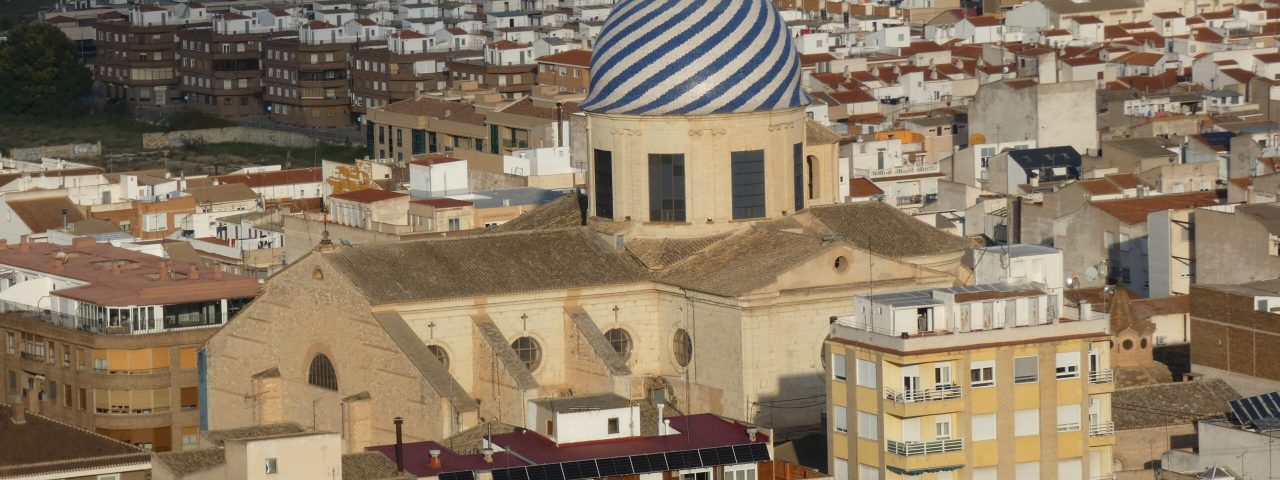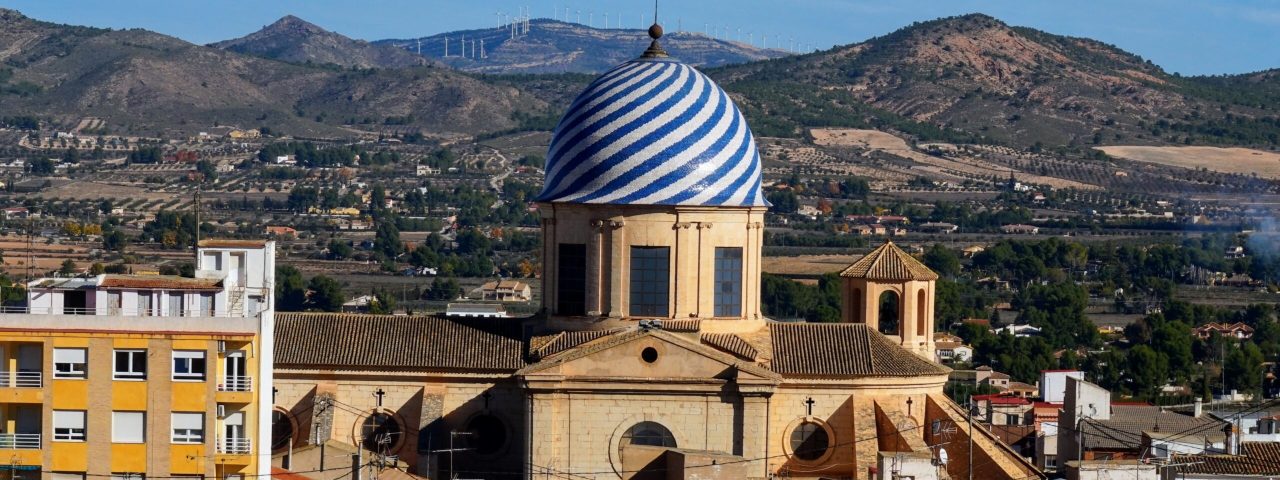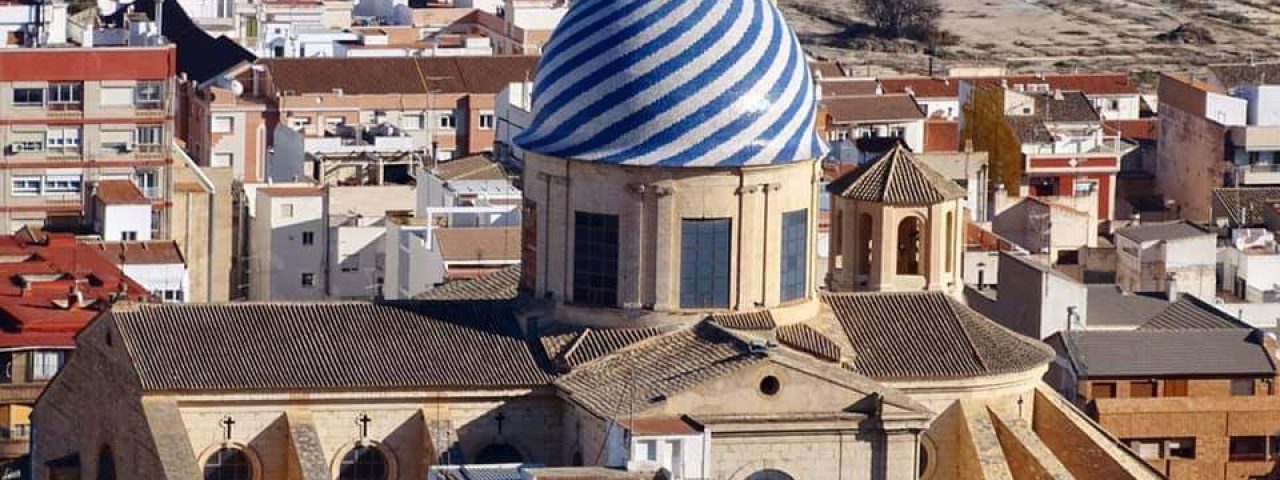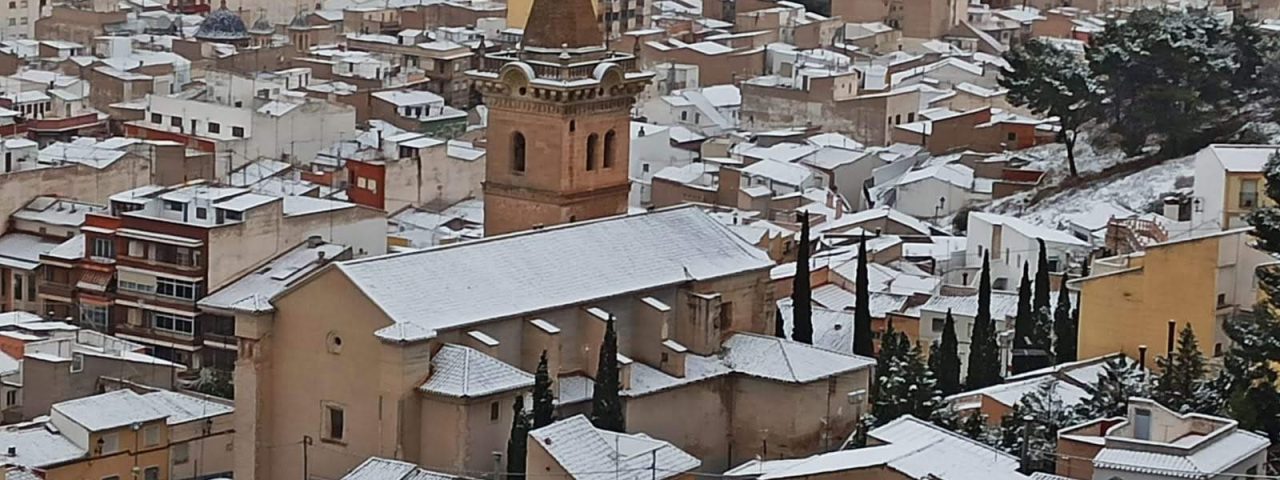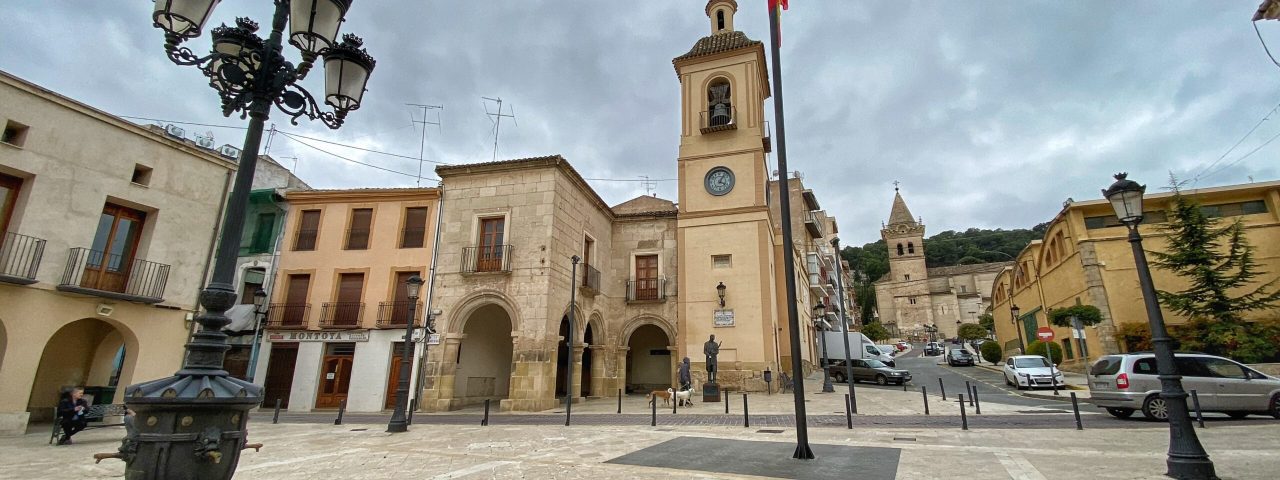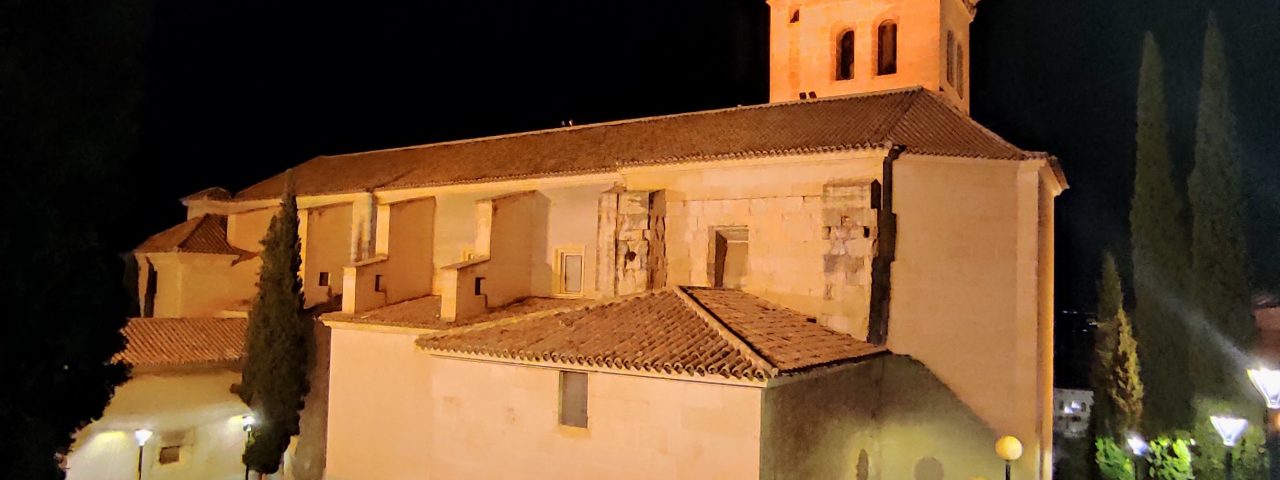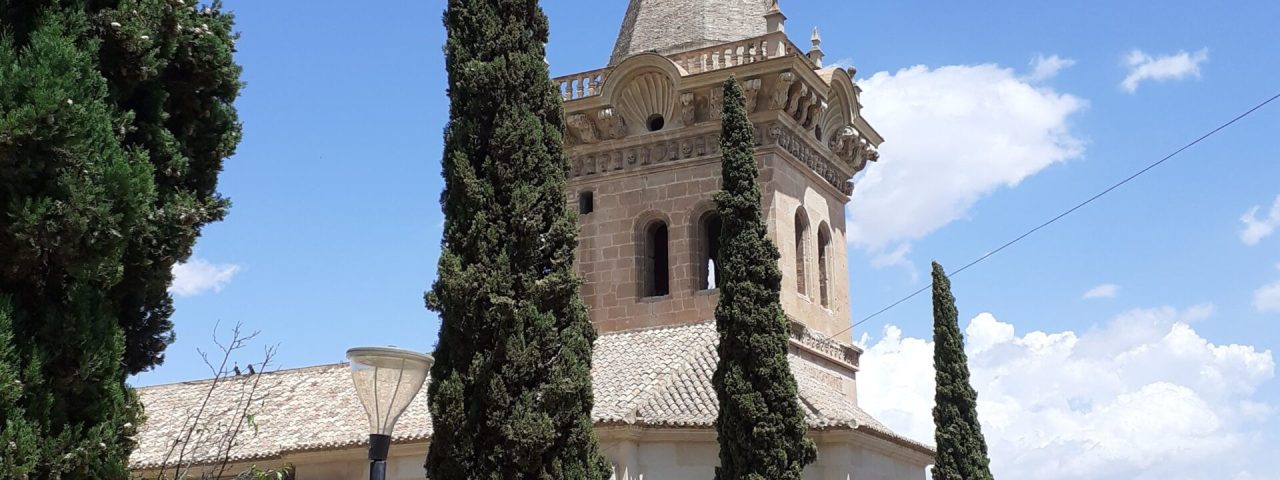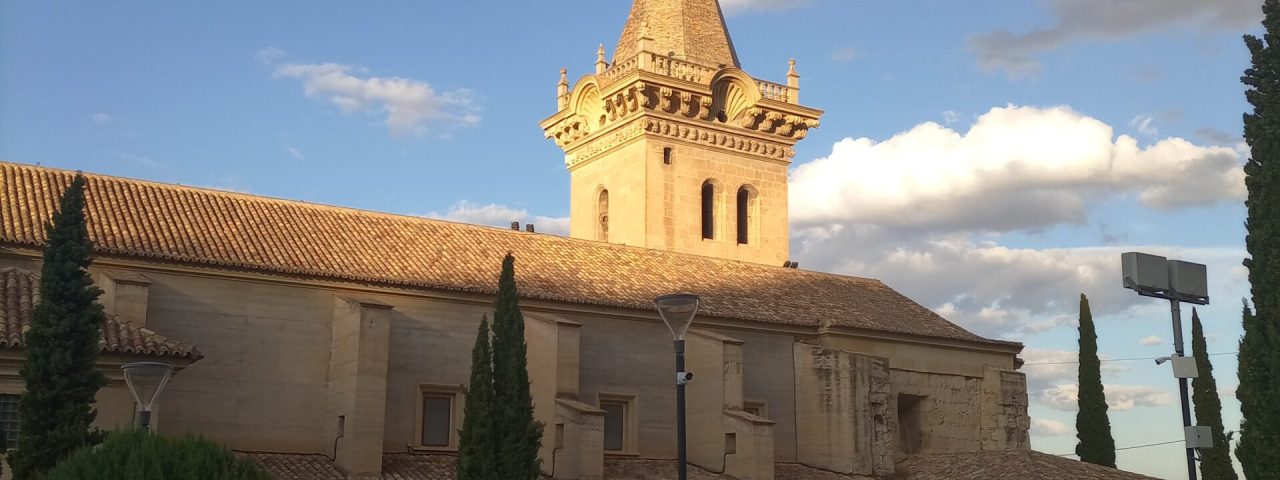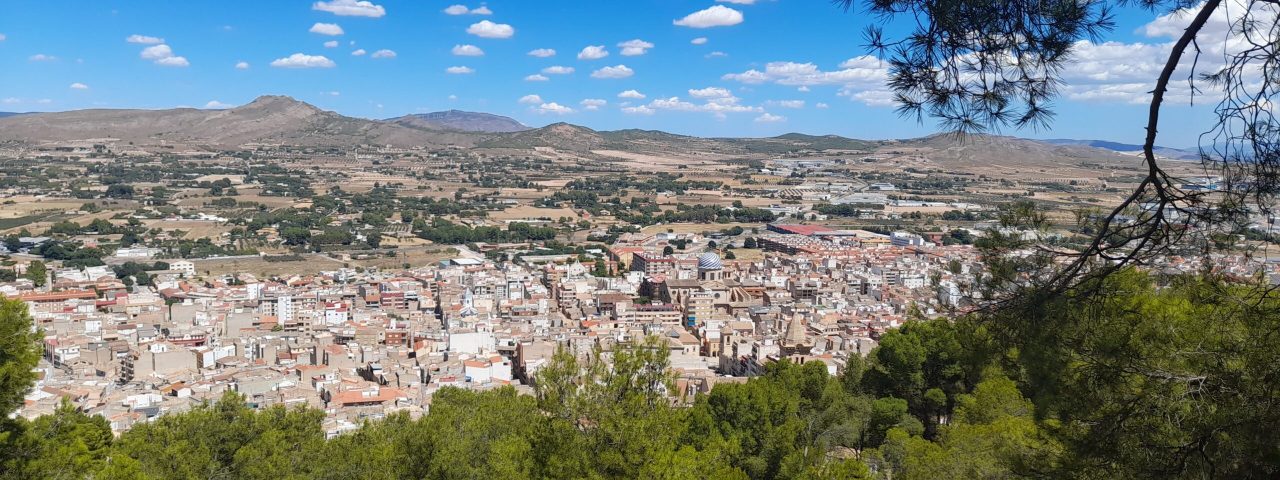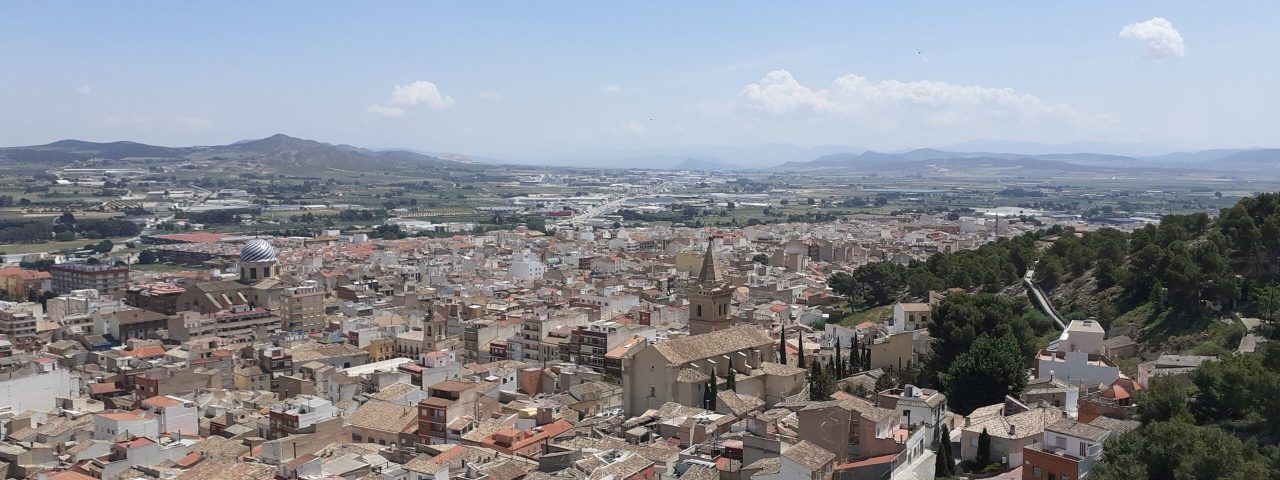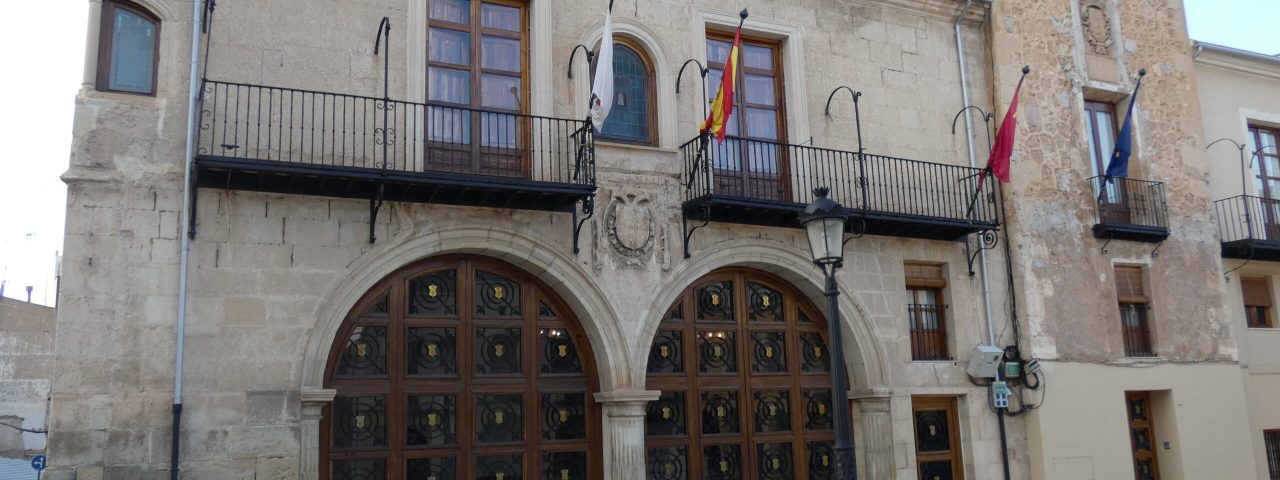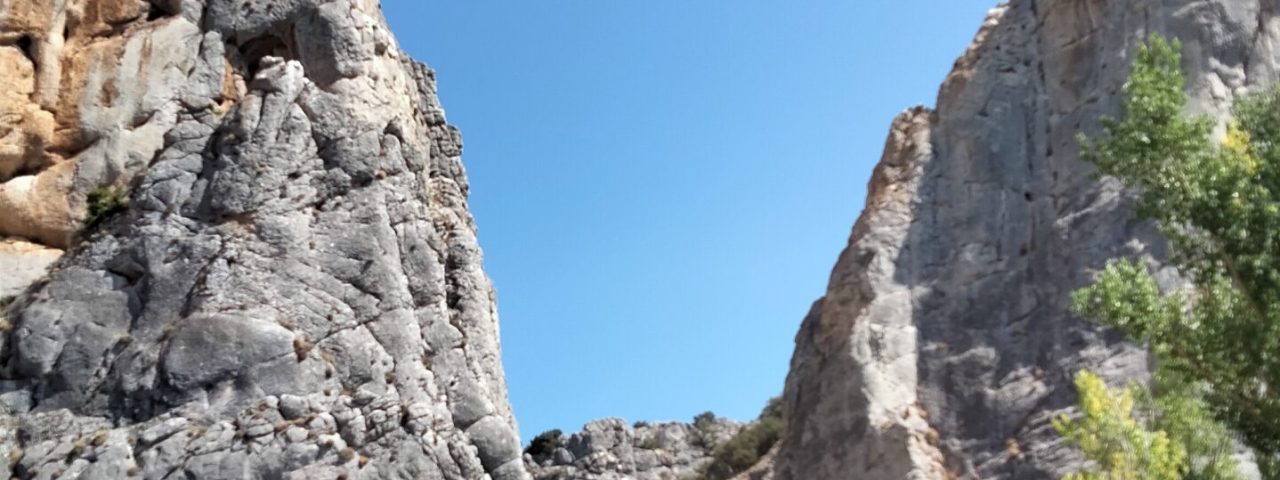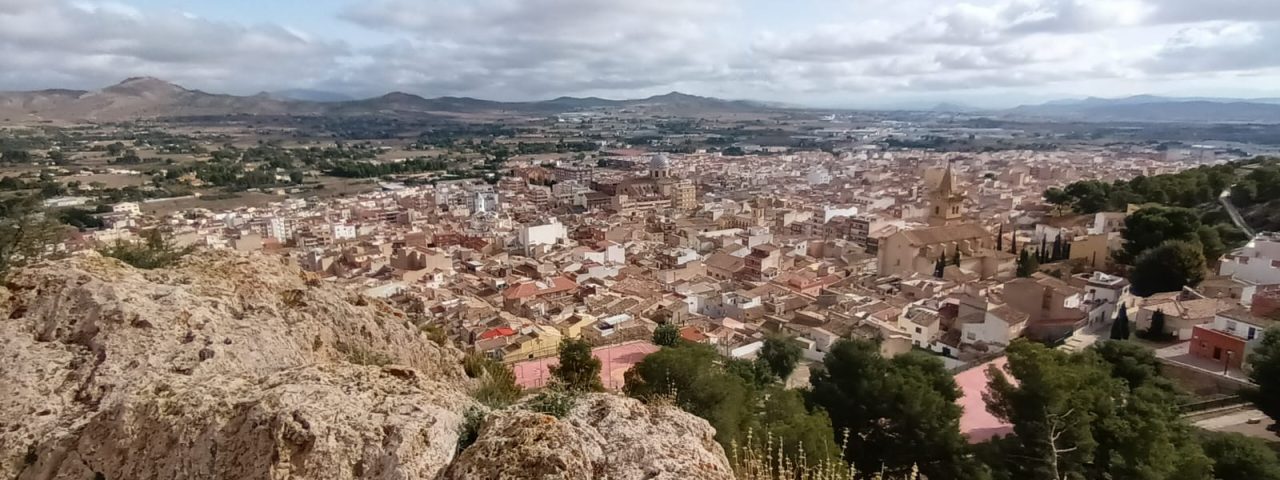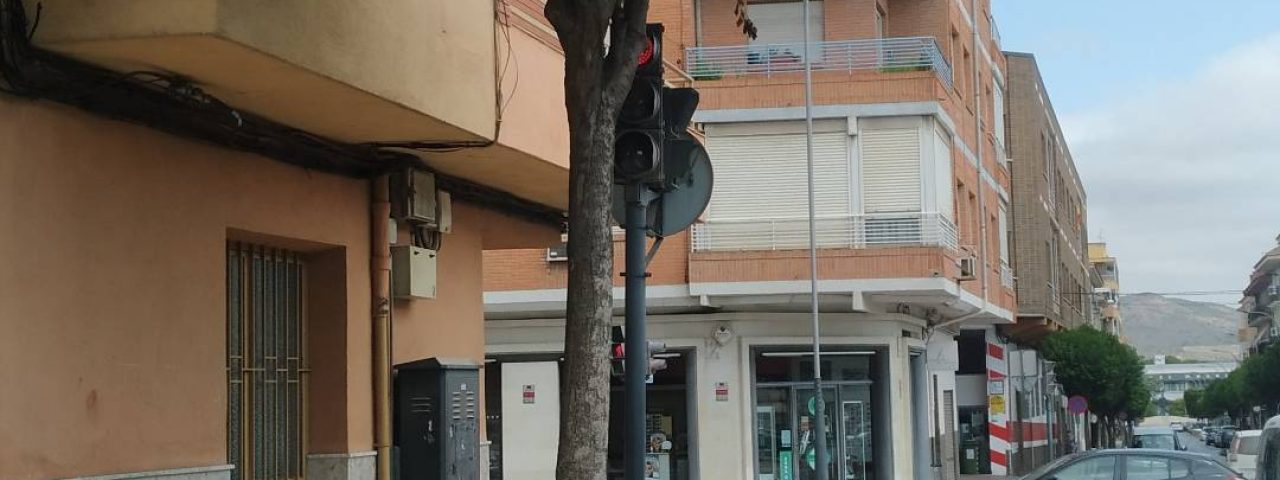Yecla has a rich and diverse history that dates back to ancient times. Archaeological findings suggest that the area was inhabited by the Iberians and later saw Roman and Moorish influences, which are still evident in its architecture and culture. Following the Christian Reconquest in the 13th century, Yecla became part of the Kingdom of Castile, and this period saw the construction of many of the city’s most important religious buildings.
Culturally, Yecla is renowned for its traditional festivals, which reflect its deep-rooted customs. One of the most famous is the Fiestas de la Virgen, a festival held every December in honor of the city’s patron saint, the Virgin of the Incarnation. The festival includes processions, music, and traditional dances, attracting both locals and visitors. Another important cultural event is the Semana Santa (Holy Week), which is celebrated with impressive religious parades.
Local customs in Yecla remain strongly tied to its agrarian roots, with wine production playing a central role in its cultural identity. Visitors can enjoy local traditions such as wine stomping during the harvest season, as well as folk music and dances that are often performed during local celebrations.
